Sometimes people ask me what I mean by “transforming” challenging behavior.
Does “transforming” challenging behavior include preventing and addressing it?
Yes.
Do I mean transforming the actual behavior…transforming how we see the child? …transforming how the child tries to get their needs met? …transforming your teaching? …transforming your classroom?
Yes…yes…yes..yes..and, yes.
Or, might I mean transforming how we even think, feel, and talk about “challenging behavior” in the early childhood field?
Yes.
I mean all of that when I say “transform challenging behavior”.
I envision a world where every teacher has the information and skills they need to work effectively with each and every child, even the ones that challenge you most.
I envision a world where, as a field, we shift our thinking around “challenging behavior” so much that it's kind of not even a thing…or, at least it’s not a problem per se. It’s part of the job and one that you feel completely equipped to handle.
Plus, you feel supported to tackle and transform challenging behavior. You have what you need to succeed and you have support for this part of your work on and/or off the job.
Here’s the thing.
In order to transform one thing into something else the first thing we have to do is accept it as it is.
We can’t pretend it's not what it is or wish it into being something else.
Think of transforming a block of gold or silver into jewelry. If the jeweler doesn’t accept the metal for exactly what it is then they won’t be able to melt it at the right temperature or use the right tools to transform the metal into someone’s beloved item.
If we want to transform vegetables into soup or stew, saying they should have come already peeled or chopped doesn’t help transform them into our dinner.
Transforming the opinions of someone we live or work with is not always possible but when it is it always starts with meeting them where they’re at and acknowledging their point of view.
So, too, it is with behavior.
Accepting the reality of what’s happening (even when we don’t like it) is at the heart of the TCB approach.
This doesn’t mean letting children do whatever they want! Rather, it means meeting children where they’re at.
So, that idea of embracing the reality of the situation and starting with what is, meeting people where they are at is key to true and lasting transformation.
What does “transforming” challenging behavior mean to you?
Let’s expand the concept even further! I’d love to get your take on this.
Let me know in the comments below.
want to learn more about the tcb approach?
Download The No More Challenging Behavior Cheat Sheet to learn some of the best and easiest to use transforming challenging behavior strategies.


